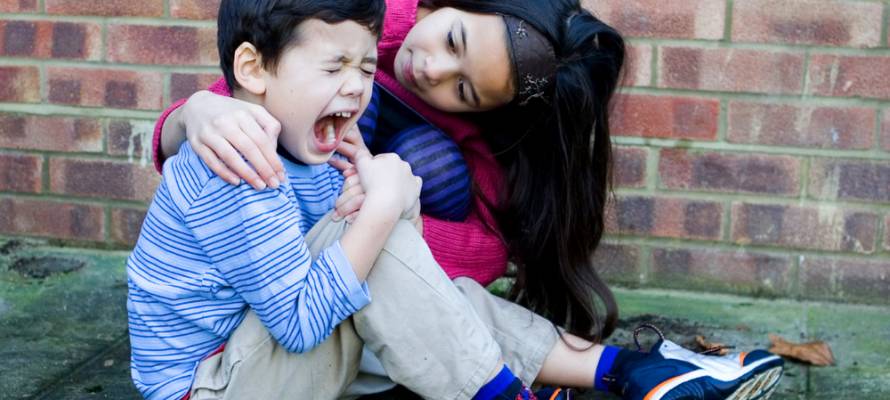Taking responsibility for others and concern for their welfare is an important concept in the Torah. The biblical Joseph embodied this important value.
This week’s Torah portion is Vayigash (Gen. 44:18 – 47:27), and it focuses on Joseph and his reunion with his father and brothers. After revealing himself to his brothers, Joseph sends them home to tell their father that he is still alive. The brothers did just that, but were then faced with a shocker and an unpredictable problem: Their father, Jacob, didn’t believe them! A few moments later, however, Jacob beheld the gift that Joseph had sent, a wagon convoy (known as agalot in Hebrew), and suddenly he believed that Joseph was alive!
What’s going on here? How did a bunch of wagons prove to Jacob that Joseph is alive?
Our sages explain that Joseph was sending a secret message to his father that Jacob quickly deciphered, which led him to believe that Joseph was alive. By sending agalot, Joseph was reminding his father that when they last saw each other they were discussing the egla, the laws of the Decapitated Calf. The word for wagons (“agalot”), and the word for calf (“egla”) are very similar, especially when written in Hebrew. Joseph had specifically chosen to send his father wagons as the secret code that he was still alive.
What is the law of the Decapitated Calf?
When an obviously murdered body is found between two cities, with no sign of who might have committed the murder, the elders of the nearest city are required to conduct a ceremony. They gather together and declare that they are no way responsible for this death. As part of this ceremony, a calf is decapitated as a type of atonement sacrifice for the murder.
This is indeed a very odd, lesser-known mitzvah (commandment of the Torah). But it does have a very important message: All people are responsible for one another (known as “Kol Yisrael areivin zeh l’zeh” in the Talmud). Today we live in the “it’s none of our business” type world. Nobody gets involved in other people’s problems. People basically fend for themselves.
Joseph’s Essence: Concern for Others
The Torah is teaching us that the exact opposite is the right attitude. So much so, that we required the elders of the city to go and perform the Decapitated Calf ceremony. Certainly, it wasn’t the righteous elders who committed the murder. Nevertheless, the message: I AM my brother’s keeper! The elders and leaders represent all the residents of the city, and the sacrificial offering serves to atone for all of them. Everyone is responsible for the welfare of each other, in good times and in bad.
This is yet another reason why Jacob believed that Joseph was alive and that “his spirit was revived,” as wagons, and the mitzvah of the Decapitated Calf, represented Joseph’s essence: concern for others. Taking responsibility for others. Although he didn’t always make the wisest decisions, all of Joseph’s “run-ins” with his brothers were ultimately because he cared so much about them, both materially and spiritually. This is especially true with Joseph’s message that “God arranged for all this to happen so that I could provide you with food and salvation!” Jacob knew that only Joseph could have been behind the hidden message, the message of a mitzvah that he so loved.
Remember: You ARE your brother’s keeper!
By: Rabbi Ari Enkin, Rabbinic Director, United with Israel
For more insights by Rabbi Ari Enkin on this week’s Torah portion, click on the links below:
https://unitedwithisrael.org/living-torah-josephs-impeccable-reputation/
https://unitedwithisrael.org/living-torah-an-important-lesson-in-etiquette/
https://unitedwithisrael.org/living-torah-what-makes-a-great-leader/
https://unitedwithisrael.org/joseph-role-model-of-sensitivity/
